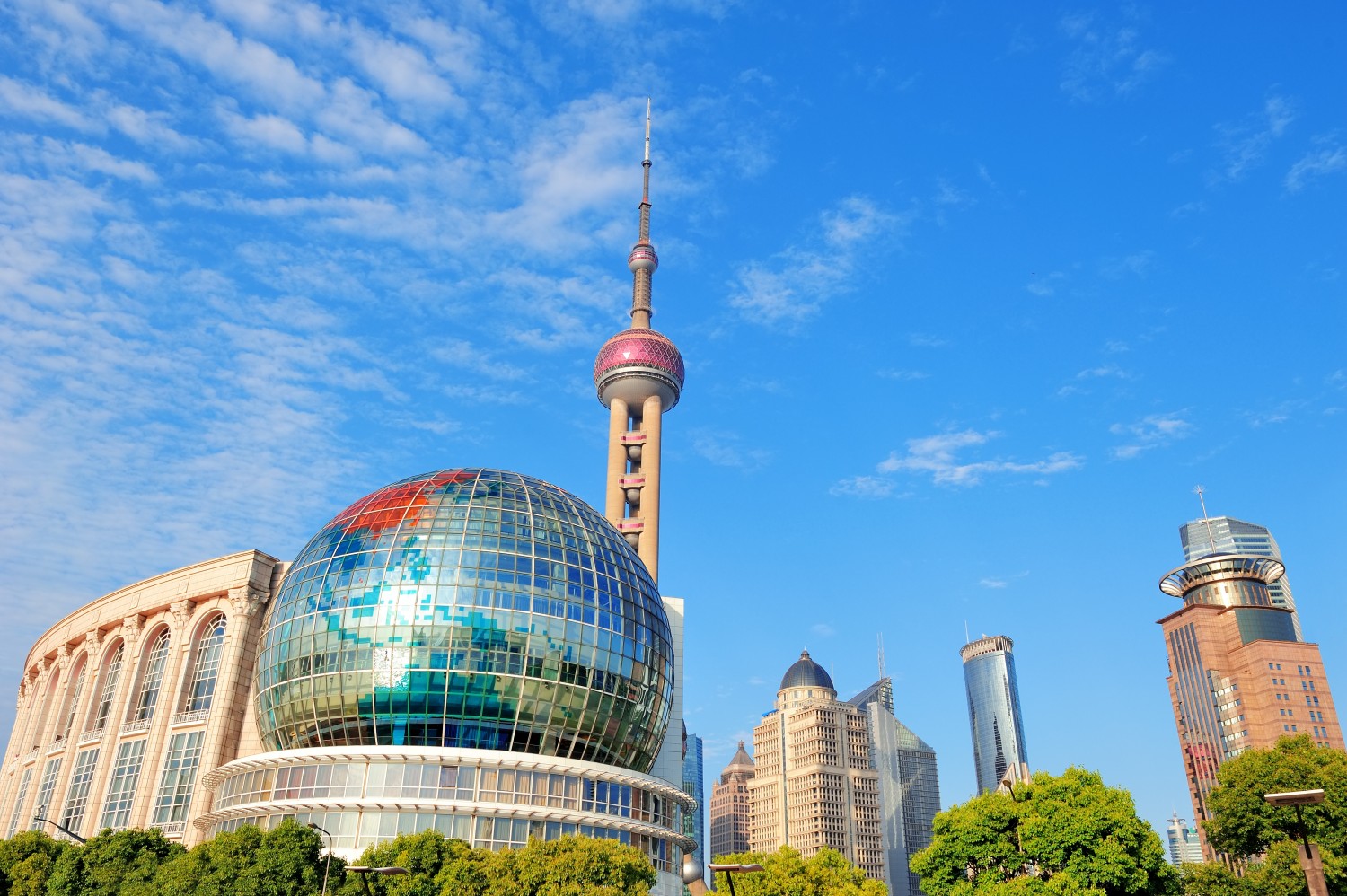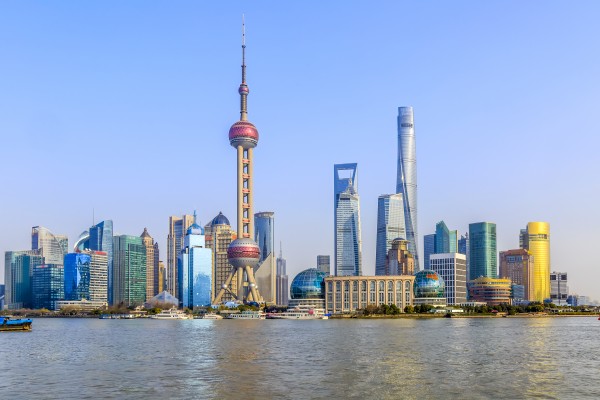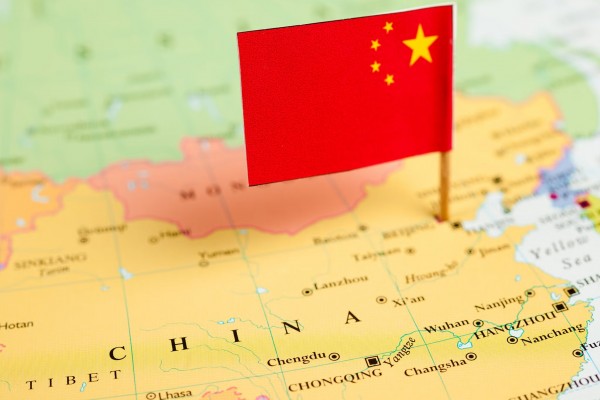Review No. 4 of Chinese Antitrust News from the Experts of the BRICS Competition Centre
- Antitrust targets for 2023
- Plan to create a "power of quality"
- WeChat allows direct advertising links on Taobao
- China's internet giants' combined revenue falls for the first time
- Reuters: Bankers skeptical of new IPO verification system
- TikTok opened a transparency center
- French TikTok Verification CommissionIndia blocks over 200 Chinese apps
- Chinese companies are trying to develop their own ChatGPT
Antitrust targets for 2023
On Feb. 9, a working meeting of regulators of the market department at all levels was held, dedicated to antimonopoly work and the preparation of an antimonopoly campaign on a particularly important scale. The main antimonopoly tasks for 2023 were set at the meeting:
1) Promoting the formation of the Single All-China Market, intensifying the fight against federal protectionism and administrative monopoly;
2) Improving the quality of goods and services and protecting intellectual property rights, developing the competitive activity of market entities;
3) strengthening control and supervision over legal management and creditworthiness, the use of "smart" management, improving the efficiency of antitrust enforcement;
4) control of development security, activation of the use of resources of the domestic and international market;
5) Formation of a multipolar management system, increasing the efficiency of actions to ensure fair competition.
An important principle of the work of market agencies remains the installation of "regulation for the people" - in this regard, antitrust enforcement in sectors that include the interests of the population will be activated.
In 2022, there were 187 antitrust cases across the country, 784 million yuan (≈$115 million) in fines and confiscations collected; 794 prosecutions were initiated and 5 of them
Source: SAMR
Plan to create a "power of quality"
China's central government has published a plan to create a power of quality - this implies a shift in the focus of the economy from quantity and volume to quality. The plan sets the goal of improving the competitiveness of Chinese brands and the level of satisfaction with the quality of goods and services by 2025, upgrading the quality assurance infrastructure and establishing a quality management system, and by 2035, establishing a "forward quality culture", a new round of infrastructure capacity development, quality output and representing its brands to a new level. One of the areas of this work is to improve the quality of regulation: the introduction of Internet tools and the development of new regulatory mechanisms with a focus on creditworthiness. An important aspect is the maintenance of order in the market, the creation of a fair competitive environment and the promotion of high-quality competition. It is also required to strengthen supervision over the quality of products on marketplaces.
Source: Baijiahao
WeChat allows direct advertising links on Taobao
China's central government has published a plan to create a power of quality - this implies a shift in the focus of the economy from quantity and volume to quality. The plan sets the goal of improving the competitiveness of Chinese brands and the level of satisfaction with the quality of goods and services by 2025, upgrading the quality assurance infrastructure and establishing a quality management system, and by 2035, establishing a "forward quality culture", a new round of infrastructure capacity development, quality output and representing its brands to a new level. One of the areas of this work is to improve the quality of regulation: the introduction of Internet tools and the development of new regulatory mechanisms with a focus on creditworthiness. An important aspect is the maintenance of order in the market, the creation of a fair competitive environment and the promotion of high-quality competition. It is also required to strengthen supervision over the quality of products on marketplaces.
Source: Baijiahao
China's internet giants' combined revenue falls for the first time
The overall revenue of Chinese internet companies fell amid a slowdown in the economy and tighter regulation, the first time since 2017 that China began to publish such data. In 2022, this indicator fell by 1.1% compared to 2021, amounting to $217 billion, while in the previous six years companies showed double-digit growth. According to the Ministry of Industry and Informatization, which covers Internet companies with annual revenues of more than 20 million yuan (≈$3 million), the taxi, travel, finance, and property rental Internet service sectors were hit hardest, with revenues of such companies falling by 17. 5%. At the same time, some industries, on the contrary, showed revenue growth: for example, online sales platforms (e-commerce, medical devices and delivery services) grew by 12.6%, and information services platforms (news, search, social networks, games, audio) and video content) — by 4.9%.
Source: SCMP
Reuters: Bankers skeptical of new IPO verification system
Recently, the China Securities Regulatory Commission announced the introduction of a new IPO verification system - "by registration". This means that Chinese exchanges will be solely responsible for reviewing applications with a focus on full disclosure. Previously, the Commission itself was engaged in verification and issued permits to companies - this led to long delays, and the ceiling on share prices was set not by the market, but by the regulator.
In the media, the innovation was presented as an important milestone that will make the Chinese IPO market more inclusive, transparent and efficient. However, according to Reuters, the bankers say the initial listing process will still remain in the hands of the authorities, who view the stock market as a tool to fight for global influence and national resurgence. Under the new rules, the Commission is entrusted with the function of verifying that IPOs are in line with Beijing's industrial policy. “In China, listings are dictated by the government and applicants are screened according to national policy criteria,” said Terence Lin, a partner at TRSD Capital, an investment bank that helps Chinese companies list in the US.
Source: Reuters
TikTok opened a transparency center
TikTok Transparency and Accountability Center launched in Los Angeles. Its purpose is to show that the app is not a Chinese government Trojan horse as described in one of the ban bills. In this way, TikTok plans to answer basic questions about the internal processes of the application to those who can influence its future fate in the United States: politicians, regulators, data security specialists and journalists. The exposition aims to explain how the platform works, how its algorithms and content moderation tools function. For example, one of the objects invites visitors to take over the functions of a moderator and process content that potentially violates the rules. The issue of China's access to the application's data is not directly affected. The Center also has a closed room with servers where you can access the TikTok source code: it is intended for partners of the company.
Source: SCMP
French TikTok Verification Commission
19 members of the French Senate will sit on a commission to review Chinese media company TikTok, which will focus on the use of the video platform and its influence strategy. The review should clarify whether TikTok provides certain content to other parts of the world, with the exception of China. The platform's commitment to protecting personal data will also be checked. The commission will begin work on March 1st.
Source: Reuters
India blocks over 200 Chinese apps
Indian authorities have blocked 138 gambling and betting apps and 94 lending services apps, most of them linked to China. The initiator of the order is the Ministry of the Interior, which deals with issues of national security. Blocked apps, including several from India, are suspected of transferring data to China. Since June 2020, India has already blocked over 200 Chinese programs, including TikTok and WeChat, citing a national security threat. In response to the wave of blocking, the speaker of the Chinese Foreign Ministry stated back in 2020 that such actions clearly violate market principles and WTO rules and cause serious damage to the interests of Chinese companies. The spokesperson for the Ministry of Commerce of the People's Republic of China later added that China protests against any restrictive measures that discriminate against Chinese companies, and emphasized that the Chinese government always requires its enterprises to respect international and local laws and regulations when doing business abroad.
Chinese companies are trying to develop their own ChatGPT
Baidu has officially confirmed that it will complete internal testing of its Ernie Bot chatbot in March. Alibaba Group also said that it is testing a similar service to ChatGPT - the corporation's research institute Damo Academy is now testing, a launch date has not yet been set. ChatGPT is not available in China, but users still find ways to access it, and businesses are trying to monetize the concept. On the Chinese microblog Weibo, the hashtag "when our own alternatives to ChatGPT will appear" made it to the top 10 most discussed topics.




